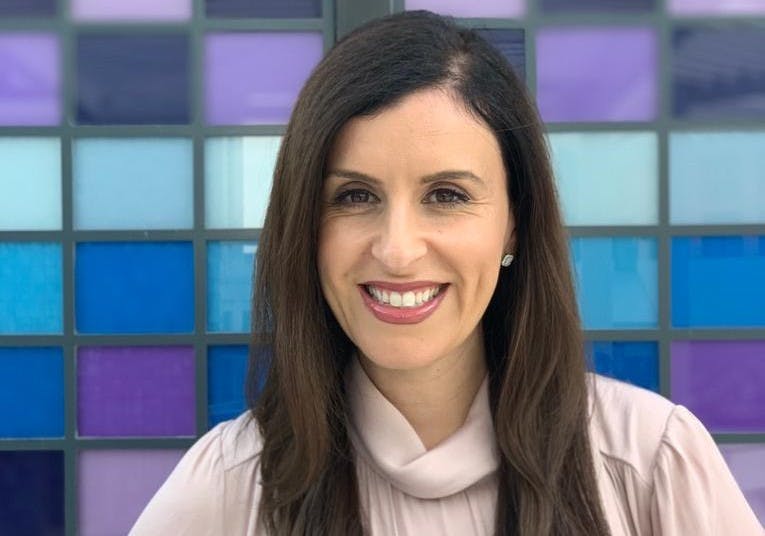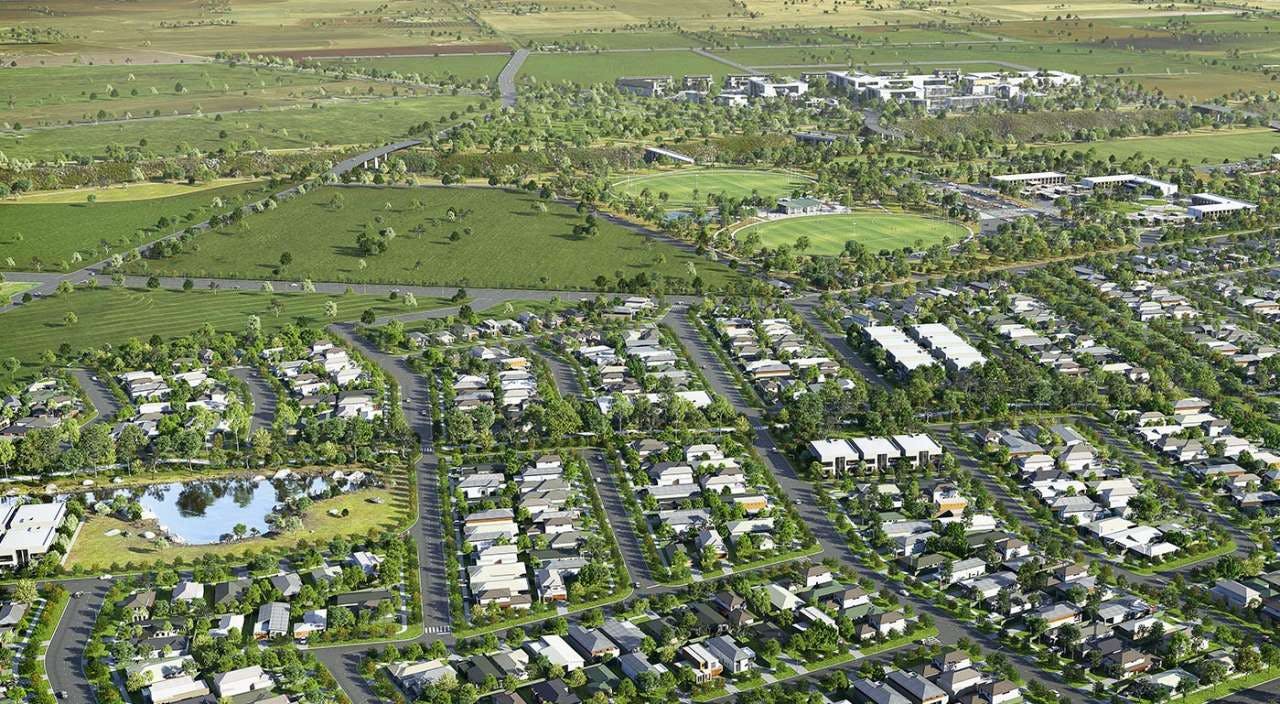Published: 28 November 2023
Last updated: 5 March 2024
Australian youth are at the vanguard of a broadening refusal to accept the long leash Israel receives from Western governments.
Last week, thousands of Australian high school students marched in solidarity with Palestine in Sydney, Melbourne, Adelaide, Byron Bay and Wollongong. It may be tempting to make sense of these demonstrations with reference to the School Strikes for Climate, a global youth movement for ecological action which reached its peak in 2018-2019. The pro-Palestine student demonstrations, however, indicate an entirely different political act, with deep implications for Jewish-Australians invested in the conflict.
The students who marched for Palestine last week did so in defiance of state education departments and federal political leaders across both major parties. Pleas to “stay in school” were issued by federal Education Minister Jason Clare, NSW Premier Chris Minns, Victorian Premier Jacinta Allen, Opposition Leader Peter Dutton, and a Jewish community-led open letter - signed by 6,000 people.
Unlike the climate strikers, who received at least tacit sympathy from wide sections of the political class, the School Strikes for Palestine self-consciously defied what has long been the mainstream public opinion on Israel in Australia: it sought to seize the moment and hasten the rise of a new consensus.
For all their apocalyptic rhetoric, the School Strikes for Climate retained a carnival-esque atmosphere: homemade and colourful placards, parents in attendance, mainstream elected officials leading the speeches - all condoned, to varying degree, by educators and administrators.
By contrast, student demonstrations for Palestine left an immediate impression of moral outrage and fierce indignation.
As a member of Generation Z, I have seen first-hand how Israel’s retaliation to the unjustifiable savagery of October 7 has radicalised my peers. There are a variety of reasons for this. For nearly two months, social media has been awash with graphic imagery broadcast directly from Gaza - depicting without euphemism the scope and scale of the besieged city’s humanitarian crisis.
youth believe Israel has gone too far and they believe it in sufficient numbers to defy their teachers.
I have watched this coverage politicise and radicalise countless young people who have not once publicly commented on any political issue.
For those outside of my generation, it may be difficult to appreciate just how central social media has become in shaping youth opinion on political events. It is not only that social media allows for conventional outlets and narratives to be bypassed, but that young people increasingly reject the assumed legitimacy of establishment media.
They turn to social media coverage of the conflict not only out of convenience, but a genuine sense of principle and a pursuit for “authenticity” which they do not see existing in mainstream media. This has played a major role in the hardening of their views towards Israel.
It should also be noted how this year’s explosive inflammation of the conflict has captured a zeitgeist among the youth. Scores of civilian casualties in Gaza, framed as the product of Western backing of Israel, speak vividly to an existing sentiment that the political status quo is morally bankrupt - not only on foreign policy, but the environment, housing, immigration, the economy and education.
In the bloodshed of Operation Iron Swords, the name for Israel’s response to October 7, radical young people have seen the clearest example yet that they cannot trust mainstream political institutions to “stand on the side of the oppressed”.
For those of us born in the new millennium, no memory exists of Camp David and the Oslo Accords. We have only ever lived in a world in which Israel was not seriously pursuant to any real political solution to the conflict. All we have known is an escalating torrent of bad news: the rise of annexationist, expansionist rhetoric from the Israeli state, rapid-fire settlement construction, the new Kahanism and the accelerating expulsion of Palestinian communities in the West Bank. It is through these reference points that the student demonstrators, and perhaps my entire generation, digests and contextualises the events unfolding in Gaza.
The 2023 conflict is accelerating a generational turn in Western public opinion regarding Israel.
Looking back at student protests against the Vietnam War and the Iraq War, we can see that the politicisation of young people over foreign policy is often a messy, radicalising process. Then, as now, youthful enthusiasm has occasionally spilled into excess. Extremist chants and the repeated vandalism of Bill Shorten’s office in Melbourne have been used to broadly paint the protesters as transgressing reasonable norms of public debate. Supporters of Israel have been understandably eager to find reasons to diminish the students’ political credibility.
Australian Jewish community leaders, in particular, have appeared resistant to grappling with the full implications of the School Strikes for Palestine. They have recycled claims once issued at the Climate Strikers: namely, that the school strikers should not be seen or heard as legitimate political actors, that they are “too young to understand”’ and that their motivations have been pre-determined by older, nefarious actors.
Alex Rychvin, from the Executive Council of Australian Jewry, accused the students of being ‘used’ by hardened activists. Dvir Abromovich, from the Anti-Defamation Commission, has referred to the marches as representing “guerilla-style tactics” which seek to “poison the mind of students”. He has called for participating students to face disciplinary consequences. The far-right Australian Jewish Association has declared the students “brainwashed” by political Islamism.
To frame the strikes in this way is to postpone recognition of their full meaning. Hidden agendas aside, public opinion data has indisputably indicated that a genuine watershed is emerging on how Western audiences are viewing the conflict. Australian youth believe, and they are not alone, that Israel has gone too far, and they believe this in large enough numbers to defy the instruction of their teachers, political leaders and establishment media.
The 2023 conflict, and its re-elaboration by young people, is accelerating a generational turn in Western public opinion regarding Israel. Here, as in the US and the European Union, public opinion on Israel has become more polarised by age than any other political issue. Israel’s seven decades of broad goodwill may be starting to deteriorate, with nearly 15,000 Palestinian casualties wearing patience evermore thin.
Whether or not the striking students’ condemnation of Israel represents a double standard, ulterior motives, antisemitism or misinformation is, perhaps sadly, entirely beside the point. The fact of the matter is that young people are merely at the vanguard of what is a broadening refusal to accept the long leash Israel receives from Western governments.
A major electoral realignment is taking place with or without the consent of the Jewish community.
There is no telling how low public opinion on Israel will fall, but it’s fair to say that if the death toll continues to rise, the horrific images from Gaza continue to proliferate, and the sentiment towards Israel continues to sour, all of us in the Jewish diaspora will be put at risk.
If we can agree with the demonstrators on one thing, it is this: the status quo in Israel-Palestine is untenable. Short of a political solution, scores of civilians will continue to die, Israel will continue to drift towards becoming an international pariah and the entire Western world will become increasingly unsafe for Jews.
A major electoral realignment is taking place with or without the consent, recognition or participation of the Jewish community. It is up to us and our leadership to come to terms with this before it’s too late.
Photo: The High Schoolers For Palestine demonstration in Sydney on November 24 (AAP/Dan Himbrechts)




